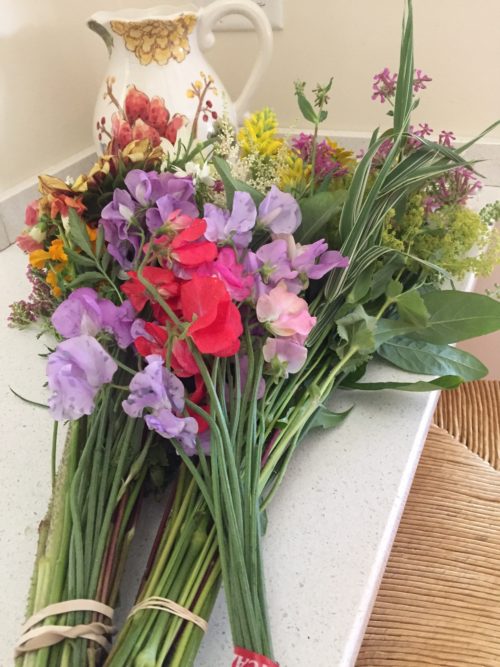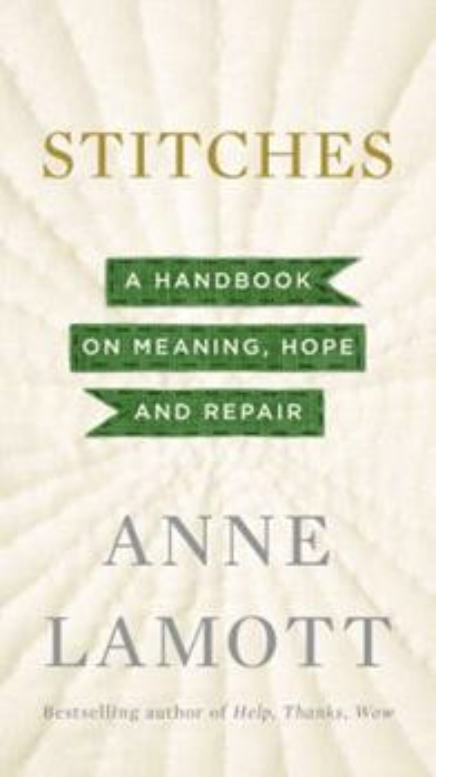“Grief is the price you pay for love.” Amy Bloom
For a long time, as hard as I tried, I was awkward and uncomfortable in my attempts to comfort the newly grief-stricken. When a close friend or relative was hit with a death, I fulfilled my moral obligation to make contact, but no matter how often I reached out to someone who was grieving, I felt awkward and unsure.
After some soul-searching, I recognized that my discomfort was the direct result of living in a culture that has difficulty facing death and dying. The American tendency is to expect the griever to bounce back overnight. It’s what Anne Lamott refers to as “the great palace lie,” where the message is that grief should be gotten over privately and as quickly as possible. We don’t have conversations that teach us how to help the grieving person beyond sending flowers, a sympathy card or attending the funeral.
In a modest attempt to fill this void, I’m offering advice gleaned from trial and error and readings, while confessing that learning how to support the bereaved is still a work in progress.
The first rule is to be present and listen without offering unsolicited advice.
When my cousin lost her husband to a sudden death, she was beside herself. I phoned regularly. After a few months I pressed her to see a grief counselor, describing how much I benefited from this. My cousin resisted this suggestion. I had to appreciate that she’s not like me where I tend to phone a therapist whenever I feel lost.
If you live close to the bereaved, offer to come and help with the housekeeping: sorting through paperwork for survivor’s benefits, buying groceries, shoveling the sidewalk, walking the dog, anything that will ease the mourner’s daily chores during a time when addressing routine activities can feel overwhelming.
Another guideline is to stay connected over time rather than dropping off after the funeral.
Try to be there for all the hard “firsts” that accompany a death: the first birthday, Thanksgiving, anniversary, Christmas, or other religious holidays. The contact can be as simple as sending a card or flowers. Instead of ordering flowers at the first announcement of death, when the bereaved are often in flower overload, send a bouquet on an anniversary.
Don’t use phrases that make assumptions about the griever, like “I know just how you feel,” or “It was his time.”
You don’t know how the other one feels because everyone experiences loss in her own way. No one is ready for a loss even when a terminal disease signals the end. Saying it was “his time” can make the bereaved feel dismissed.
Another suggestion that may come as a surprise: use humor. Try to lighten the mood not with black comedy but by recalling warm, funny stories about the deceased.
Ask permission to send along a book about healing from death. I love to give copies of Anne Lamott’s Stitches. Here’s a passage that friends have found helpful:
You will lose someone you can’t live without, and your heart will be badly broken, and the bad news is that you never completely get over the loss of your beloved. They live forever in your broken heart that doesn’t seal back up. And you come through. It’s like having a broken leg that never heals perfectly—that still hurts when the weather gets cold, but you learn to dance with the limp.




